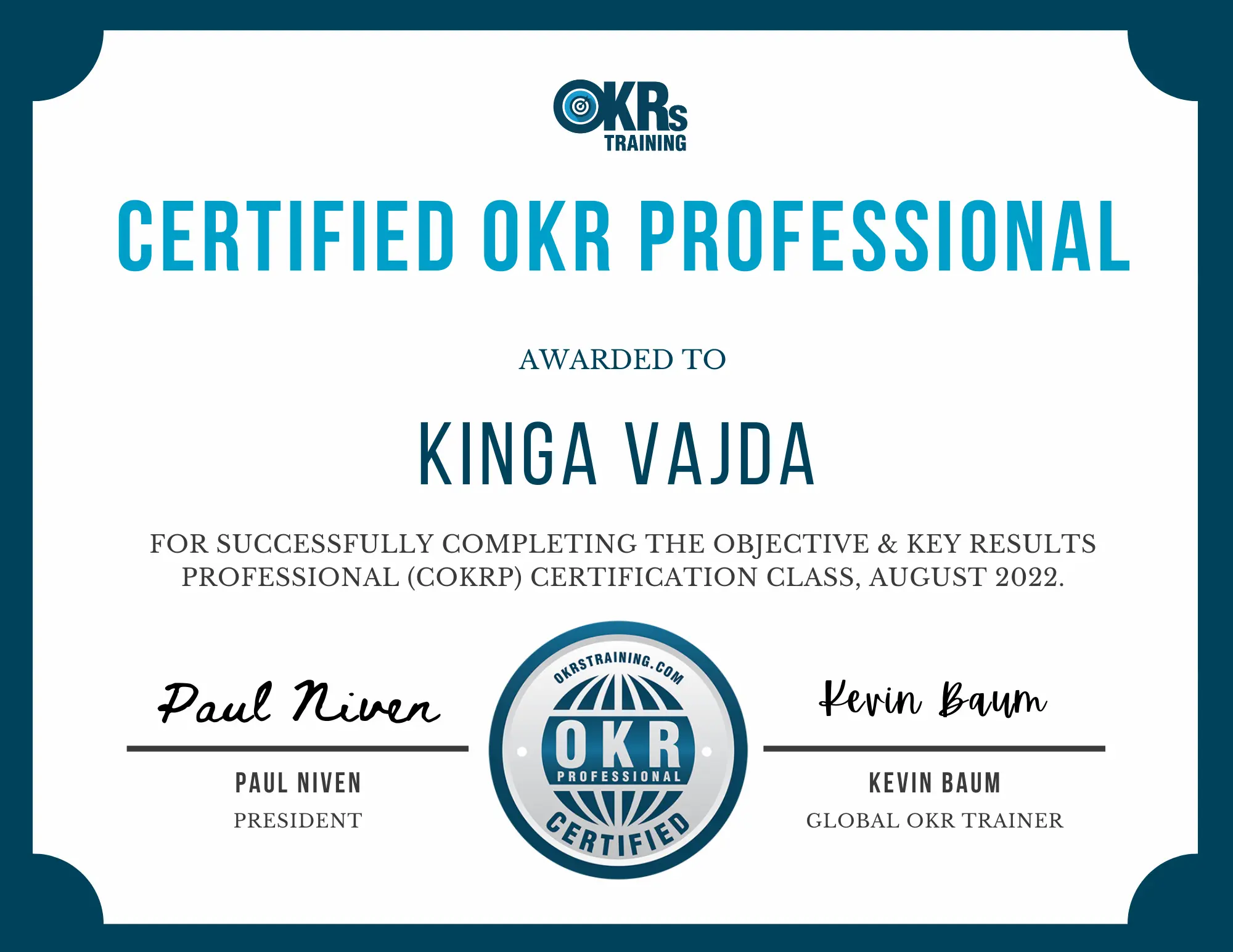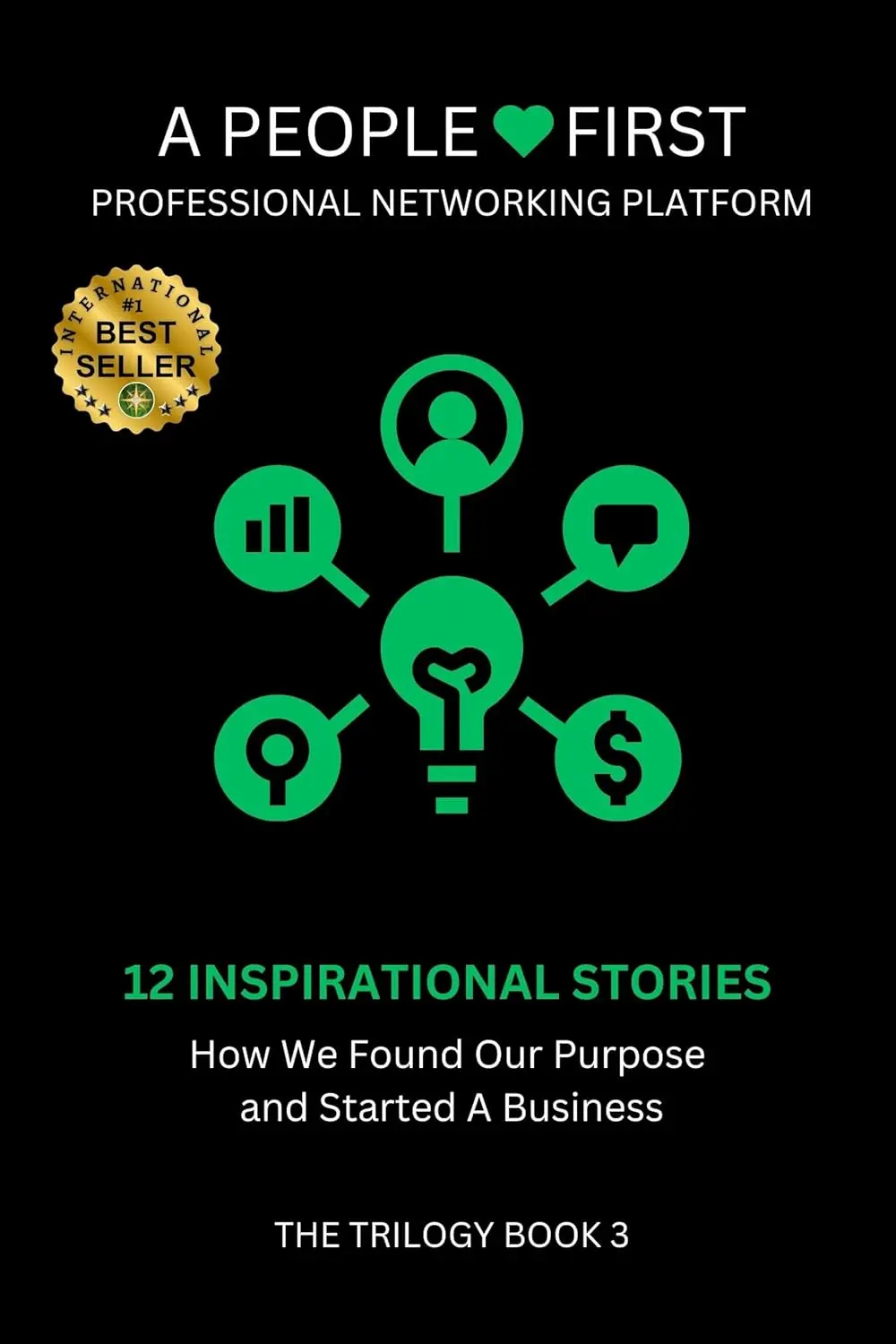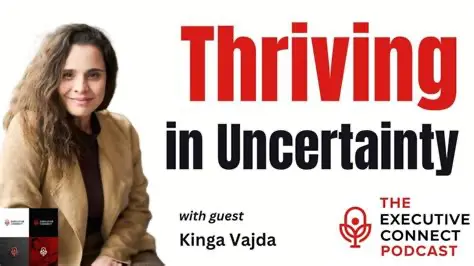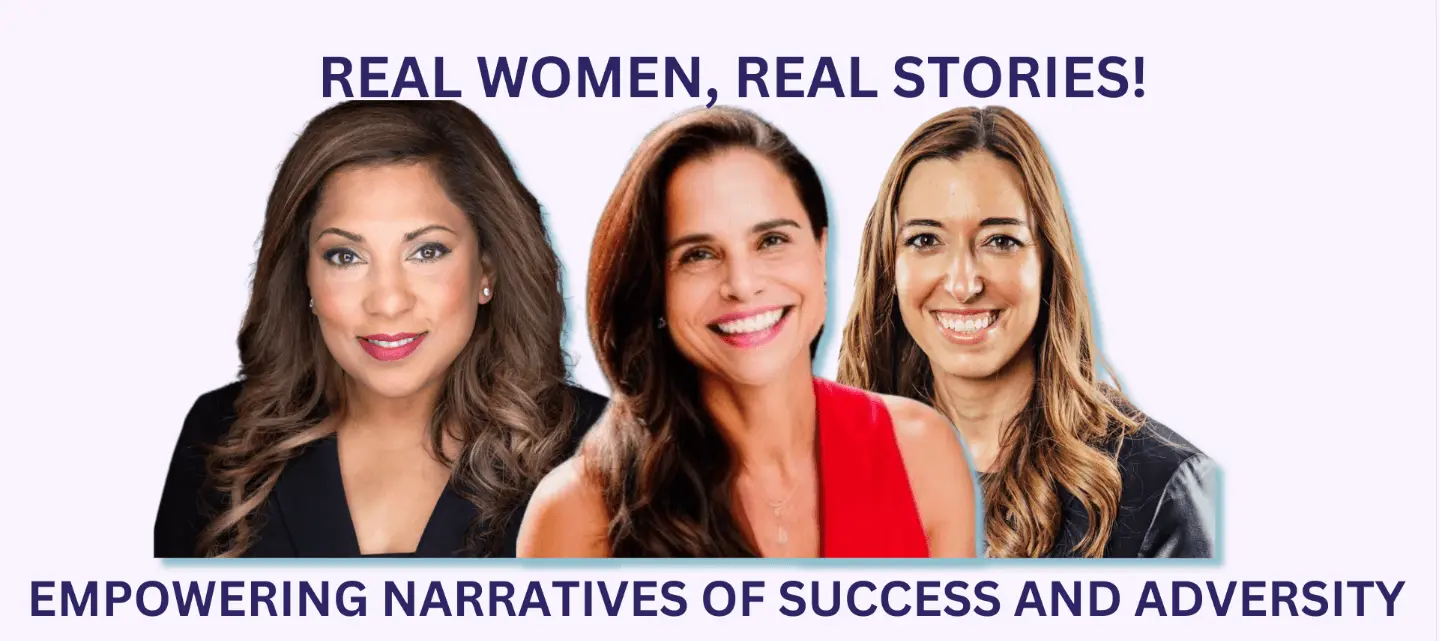This chapter follows the moment when purpose resurfaces after institutional betrayal and emotional collapse. Rather than staying in isolation or retreat, Kinga enters new environments that initially feel unstable and uncertain. Over time, she discovers that strength is not found in blind optimism or charisma, but in systems built on accountability, reciprocity, and transparency.
Kinga challenges modern community structures that claim empowerment but lack measurable standards. She critiques leadership cultures that elevate personalities over integrity, and exposes how easily trust erodes when actions aren’t aligned with stated intentions. Through trial, testing, and reframing, her story reveals that purpose isn’t found through belonging—it’s found through building ecosystems where truth, alignment, and shared standards are upheld by design.
Ultimately, the chapter frames purpose as something regained when leaders commit to clarity, hold boundaries, reject performance-based identities, and operationalize community through OKRs: Objectives, Key Results, and aligned Actions.

















